Amelia: Can you describe the role theatre has played in your life?
Lauren: I am from Raleigh, North Carolina, and I was raised through the arts. I went to a performing arts high school, and I had very real role models in the arts. When I was a kid, my mother created a non-profit organization for black children to have access to black professional artists, where I learned African dance from Chuck Davis, who ran African American Dance Ensemble, and was taught voice by black opera singers who were my mom’s friends. Beverly Botsford would teach African drumming.
I was taught creating space was my duty. The idea of what was out there and available for performers of color was accessible, and I knew there was power in being able to tell a different story in different ways.
Had I not had that experience, I would have just assumed theatre was strictly for white people. I was able to take what I knew to be true from a predominantly white high school, where I was the only person of color in advanced theatre courses, to a historically black university theatre program, where what I knew to be true was met with affirmation, all the way to my graduate program, where I was the only African American woman and one of two students of color.
I was able to share the information I had with the black undergraduate students who were hoping for it, and I’ve carried that with me. What guides me even now in my work is knowing there’s another possibility than a white-dominated theatre field, and I’m really grateful for that, because I don’t know how I’d be able to stay in this field if I didn’t know that for sure.
Amelia: We’ve spoken a little bit about the mentality of being a trailblazer and holding the door open for others, and the generational differences in what it means to be a person of color working in the American theatre. Can you talk to me about how you perceive that?
Lauren: Although I was born in 1983, I don’t consider myself a millennial, I consider myself a “xennial”—someone who’s caught between two shifts in generational thinking, both that have merit. My mother is of the generation where people were literally kicking down doors for future generations, having been raised by people who kicked down doors, people who were putting their bodies on the line. I consider my mother’s generation the “make good” generation. So you have my grandmother, who was on the line, and then you have her children, who had to make good on the work she started.
Then you have our generation, who were taught by the make-gooders to do the same thing, that our job is to get into these spaces we were denied entry to, and our job is to hold the door open. And then you have the generation I consider right below me, which has been reexamining the cost of that, because a lot of times what happens is that while you’re holding that door open, you’re being verbally abused, harmed, and traumatized in those spaces.
While the previous generation’s motto was “Stay there, stay strong, and hold this door open,” the millennial generation is asking, “Do I even want to be in this building? Do I even want access to this space that isn’t for me?” It’s revolutionized the way I think about myself moving forward. I’ve been letting go of the idea that it’s my job to hold the door open, which has been really hard. But it’s also opened up a lot of possibilities.
If my job isn’t to hold the door open, and my job isn’t to endure abuse from the institution so that someone else can come in and endure the same abuse, then what is my role? How do I lead from the outside? How do I create a space that is the opposite of that, where people can feel equally or even better than what is being presented to them in these other predominantly white institutions and organizations?
It’s changed the way I think about so many things, but especially when it comes to caring for myself. When I was having a particularly hard time, my mother said, “You have to decide if you’re willing to be a martyr.” That never left me, because that is the decision that has to be made by so many people of color who are the first and the only: “Am I going to martyr myself?” I decided I didn’t want to be that.
Racialized trauma happens because of the system of white supremacy we live in, which is detrimental, out of control, and disturbing socially, emotionally, behaviorally, and/or mentally.
Amelia: How did you come to realize that?
Lauren: Three years ago, I was awarded a grant to join the staff of a theatre in New Orleans, working in community engagement. It happened at a time when the theatre—a predominantly white arts institution—was moving to a historically black neighborhood. My arrival was a huge benefit to them. For the first year I was there, due to my salary being covered by the grant, I felt they were able to associate the work I was doing with being beneficial, but not having any worth. Because of that, the power dynamic was already way off—I’m still struggling with how that works, but since we live under capitalism, I believe if you don’t allocate resources to something yourself then you don’t feel like it has value.
I was so used to being the only person of color in theatre spaces that I didn’t understand what being the “only” in New Orleans theatre implied. I had just accepted that this is a field where I may end up in rooms and be the only person of color, and that’s just the way it is. Being in a city that’s 60 percent black, and that, before Hurricane Katrina, was 70 percent black, a blind spot I was not examining was how and why this art space has remained monocultural, all white. How is that even possible? Had I stopped to ask myself what people have to do to maintain the whiteness of a space in a city like New Orleans, I would have been able to foresee a lot of problems in the future. I also would have been able to understand the value of who I am and how that impacts the work I’m doing, and what that would bring to the organization I was working for.
Another blind spot I had was around being tokenized. I didn’t understand I was going to become the face of this community engagement programming, and that I was the only one, as far as the black community was concerned, who had something to lose. I was wagering my own personal relationships with folks in a way that no one else in the organization had to. If programming was a success or failure, it was being attributed to me personally. That added to some of my anxiety. This was my community, and if I screwed it up, I was basically ostracizing myself from it.
Throughout my two-plus years at the theatre, going from being a grant-funded person to an employee, I faced a tremendous amount of microaggressions. I realized some folks at the theatre didn’t care about any of the things we’d been discussing at all. They were looking at black people as props who could be manipulated and looking at my role as bringing black people to the theatre. They were not expanding the vision around equity, diversity, and inclusion.
Here are a few examples of the microaggressions I experienced. Every time I would write something for new programming, there was this huge delay around putting it out because there were questions about the quality of my writing. I would be told that basically everyone at the company had to review and edit the piece before it could go out, because I did not have a firm understanding of the brand. It made me question my own ability.
The office was very small, so if I received an email and I didn’t respond within ten minutes, someone would come ask me why. If I wasn’t smiling, someone would ask me what was wrong. I had to respond to the microaggressions that were happening on a daily basis in real time. I didn’t have any processing space, and I was on display every day, 24/7. One of the employees used to come up and rub my head and say I reminded them of a little kid. That would have to be processed in that moment. There were tons of times where I felt like people were looking to me to bring up the obvious, but I was also reprimanded for doing so.
The biggest thing that happened there, which kind of shook me to the core, was at a staff meeting after the black community had some very public actors say they were not happy with the way things were going, because equity, diversity, and inclusion promises had been made when the theatre moved into the new space, but none of those promises were made good. We had a meeting where everyone asked me what we should do, and I said, “Well, we still have three full-time positions available, and we should really prioritize hiring a person from the neighborhood or a person of color, preferably both, but at least one.” One person responded that what they heard me saying was that we had to fire all the white people, and another expressed that they felt like some people wouldn’t be happy until a black woman replaced them, and that that was never going to happen.
I remember thinking, This is something they feel is okay to say in front of me at this point. But the silence at that table from others spoke way louder than the horrible things that were actually said. That meeting shone a light on this pervasive, unjustified fear that something is going to be taken away from white institutional leadership if they let in “other” people and treat them humanely; look at what’s happening on the border right now, it’s the same fear.
After the meeting, people came up to me and were literally patting me on my back. I remember thinking, You just sat there and watched this violence happen to me, and you said nothing. I felt violated in that conversation.
Over time, these experiences created a work environment that cut at my worth and caused me shame. I had allowed myself to stay in a position where I was not only being treated harmfully, but where some of the actions the theatre was taking were harmful for my own community. I had to do a lot of work coming out of that to heal.
That meeting shone a light on this pervasive, unjustified fear that something is going to be taken away from white institutional leadership if they let in “other” people and treat them humanely.
Amelia: That risk goes much further than your work at that institution, since New Orleans is your home. I recently read an interview with playwright Jeremy O. Harris, and the interviewer asked him about his experience of regional differences of racism, because he grew up in Virginia, went to school in Chicago, and was working in New York. Is that something that resonates with your own life experience?
Lauren: Racism is racism is racism. There’s no “worse.” It’s bad any way it shows up. But every place has a different story. Even within the Deep South there are variations. There is something different about the way white folk and black folk interact in New Orleans from the way white folk and black folk interact in North Carolina. What you have going on in New Orleans is a long history of disenfranchisement of black artists. You have a city that is basically built upon the creative and artistic genius of black people. And very few of those black people are as financially successful as the city itself—and white people—for owning that genius, for owning that art.
It bleeds into the way art institutions treat or interact with black artists and black folk. There is a sense of paternalism and propriety that reigns. The theatre I was working at was worried about what I was doing with other theatres, because they felt proprietary over me.
A lot of local black artists did not understand how I got selected to work with this company, because they had been denied access there for so long. They didn’t know I had chosen to work there, they thought the company chose to work with me. I had a lot of people tell me that art institutions here tend to not want to work with local black folk, and it was because I was from somewhere else. I think that’s very specific to this place and the history of enslavement here.
For many decades, New Orleans was a place where there were more enslaved black folk and free people of color than white people, and the fear held by white people throughout history has been that black people could rise up and revolt and take over, so laws and policies were put in place to keep that from happening. Even to this day there are things that happen with that fear at its core, because there are still more black people in New Orleans than white people.

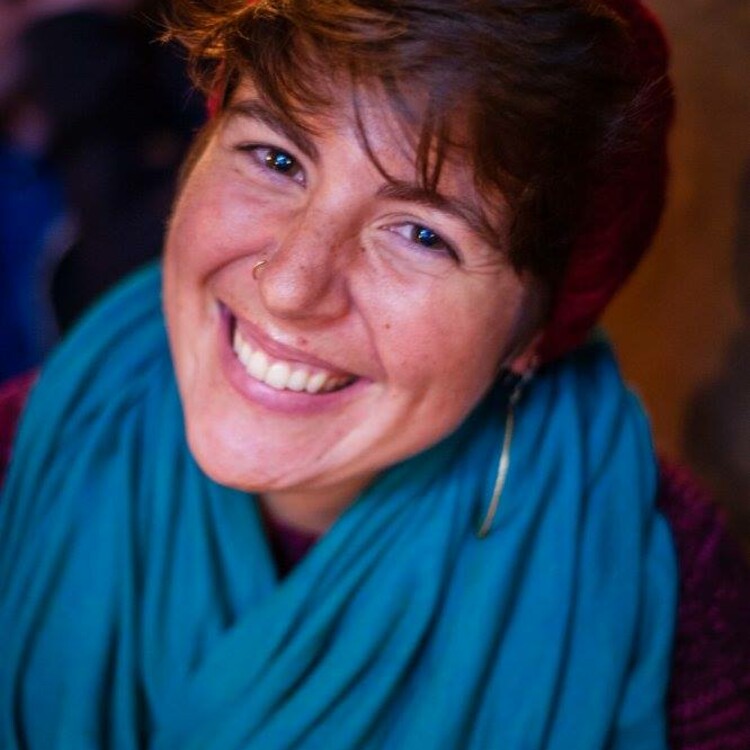
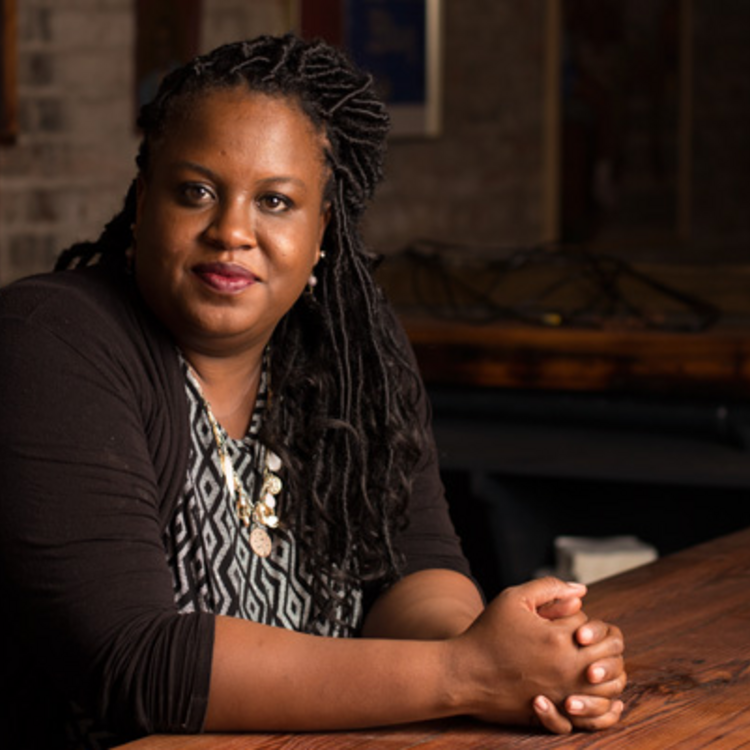
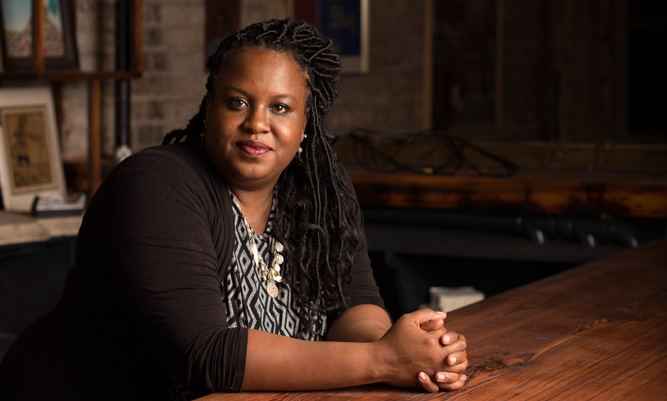
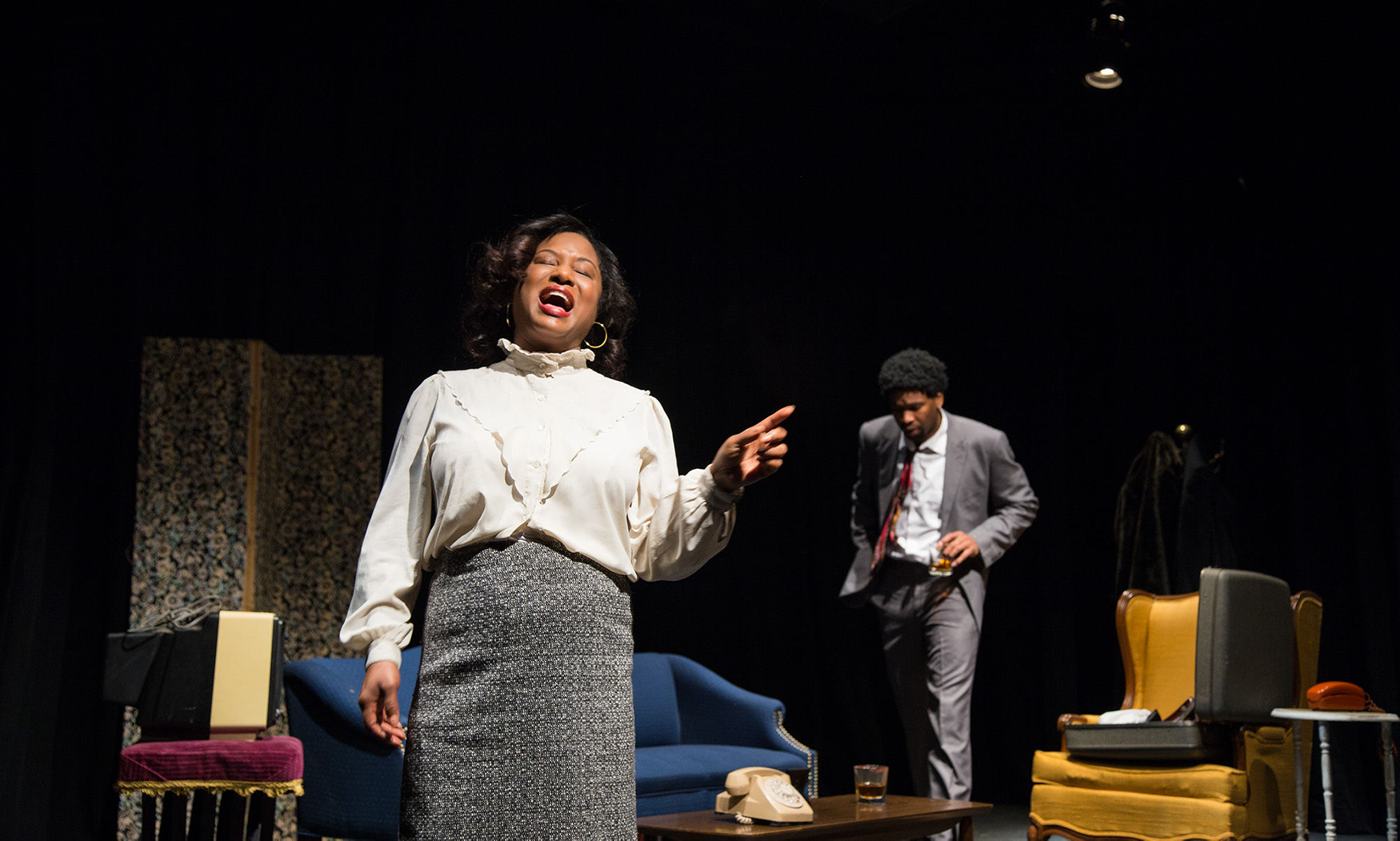
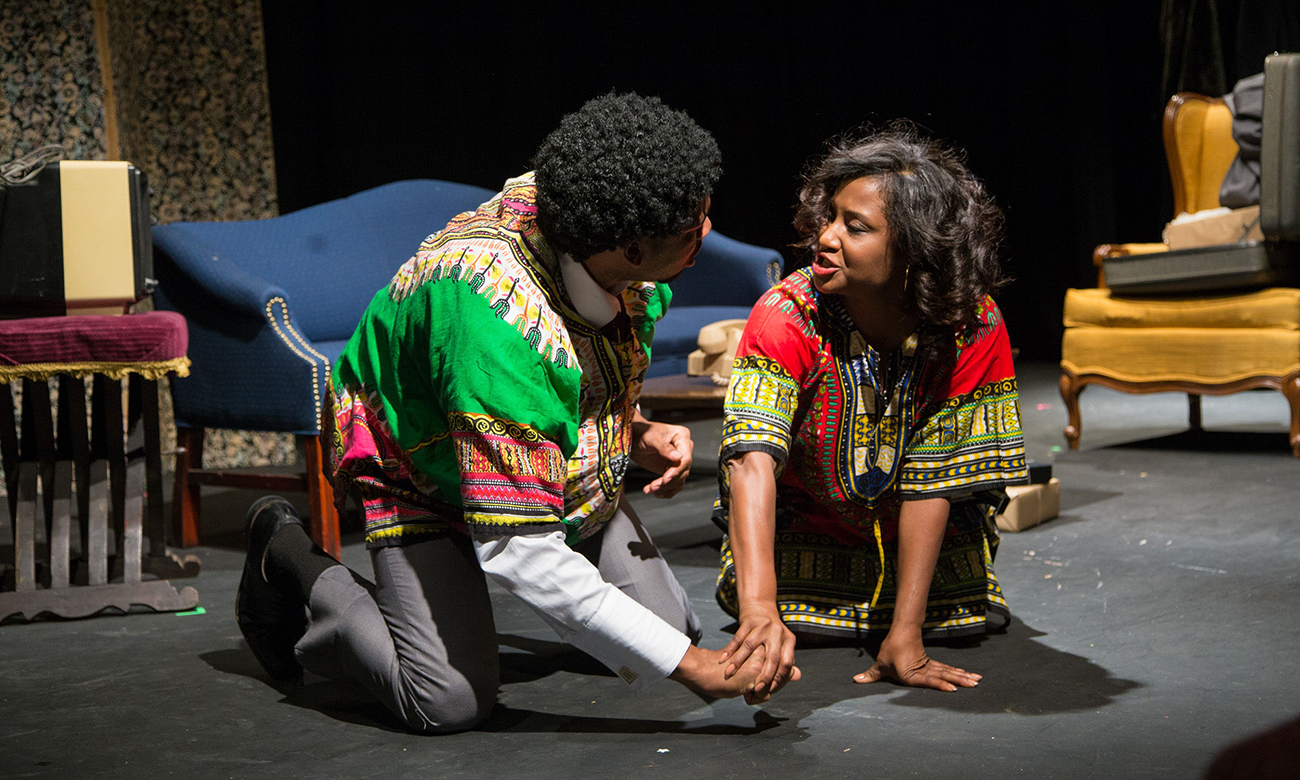
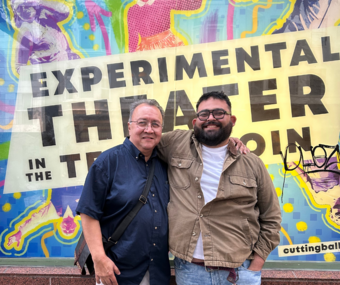


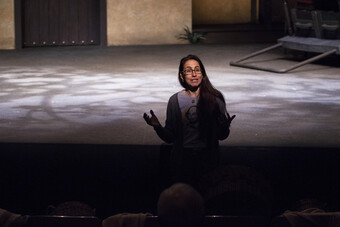


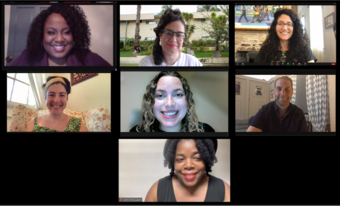


Comments
The article is just the start of the conversation—we want to know what you think about this subject, too! HowlRound is a space for knowledge-sharing, and we welcome spirited, thoughtful, and on-topic dialogue. Find our full comments policy here
This article is just the tip of the ice burg. I’m sure there are more individuals in this line of work that have experienced the same thing. I feel as though a lot of POC’s are cheated out of there piece of the pie due to the interpretation and biases set upon us by our white counterparts. Even though I myself have never had to experience my contributions being downgraded, I am eternally grateful and pray that doesn’t happen, I have seen and or heard of multiple accounts of this happening to other artists of color. It’s a disturbing thing to see, especially in this type of art form where the art is supposed to matter the most
Thank you for this powerfully insightful article. So much of this illuminates institutional and cultural practices that I have sensed in organizations where I have worked but have had a hard time naming. I especially appreciated your observations about generational perspectives (I was also born in 1983) to the catch-22 imposed by funders that incentivize organizations to "cheat" on equity. I am sorry you had to endure the micro-aggressions and gas-lighting you described, and am glad that you are on a process of healing from that particular instance of trauma. Your writing inspires me to stop being complicit in systems and administrative practices that are hurtful, arbitrary, and rooted in white supremacy culture. This was a healing read in the midst of fundraising season, when the cognitive dissonance around community engagement, tokenism, and fundraising is especially insane. I hope to encounter more of your revolutionary work!